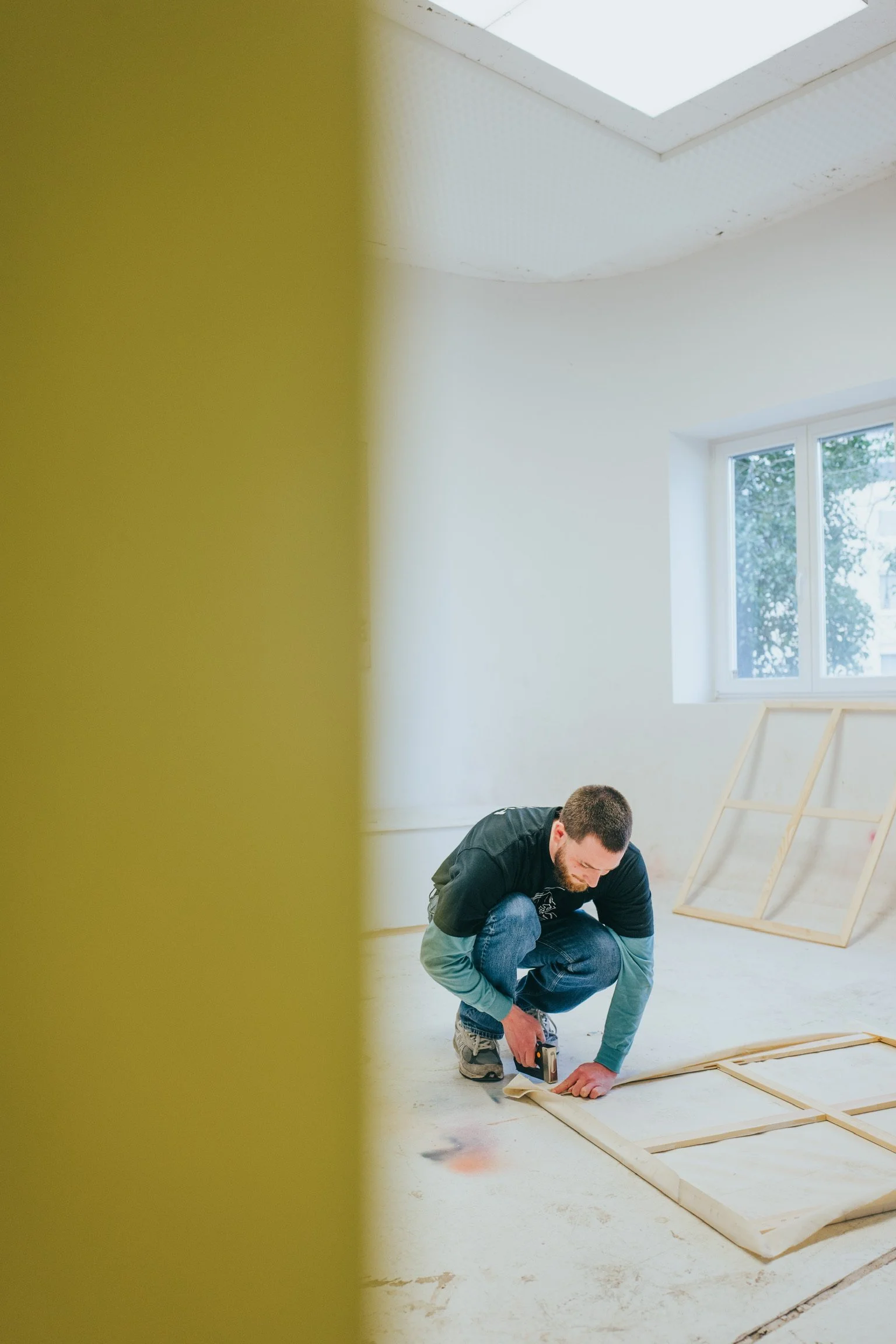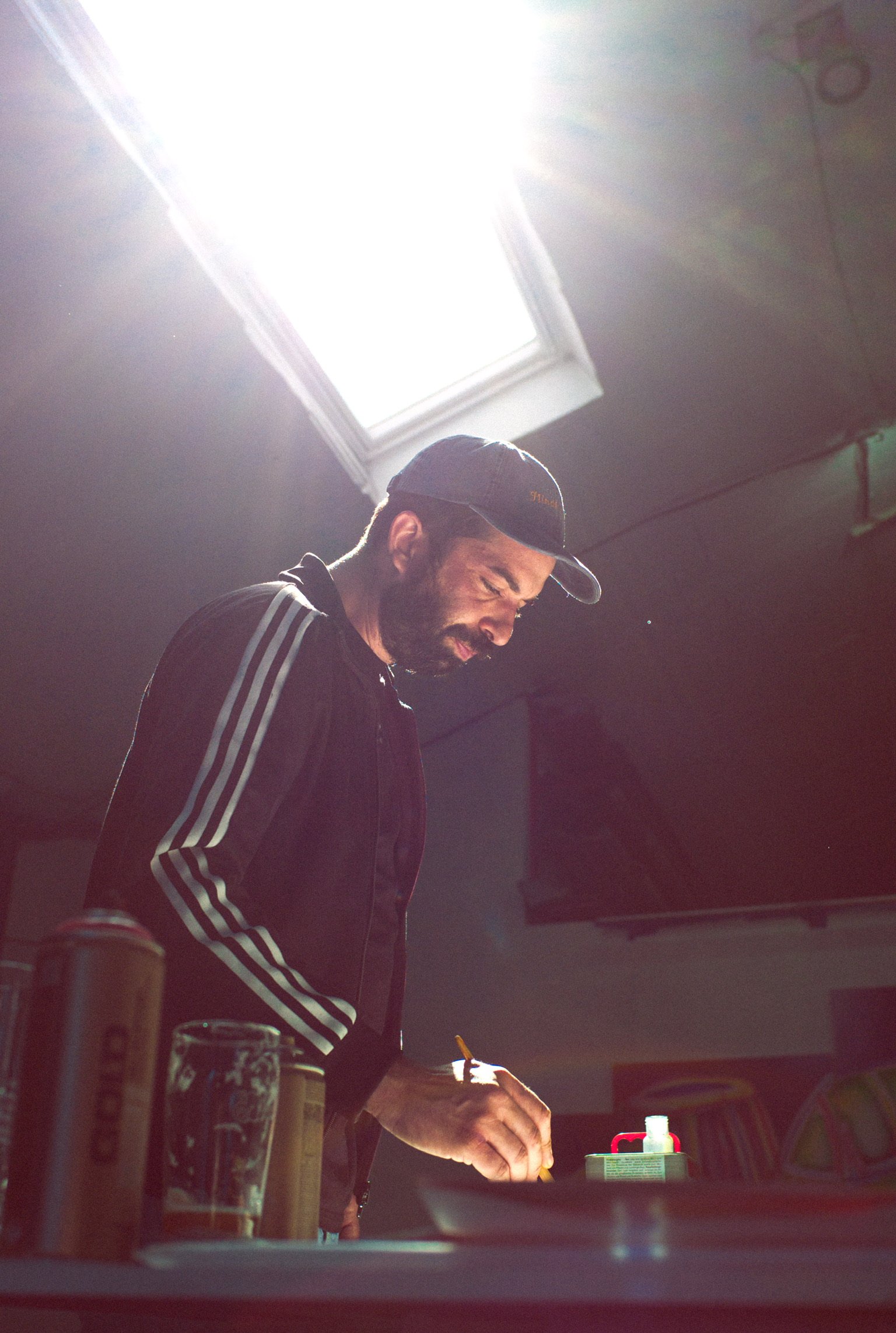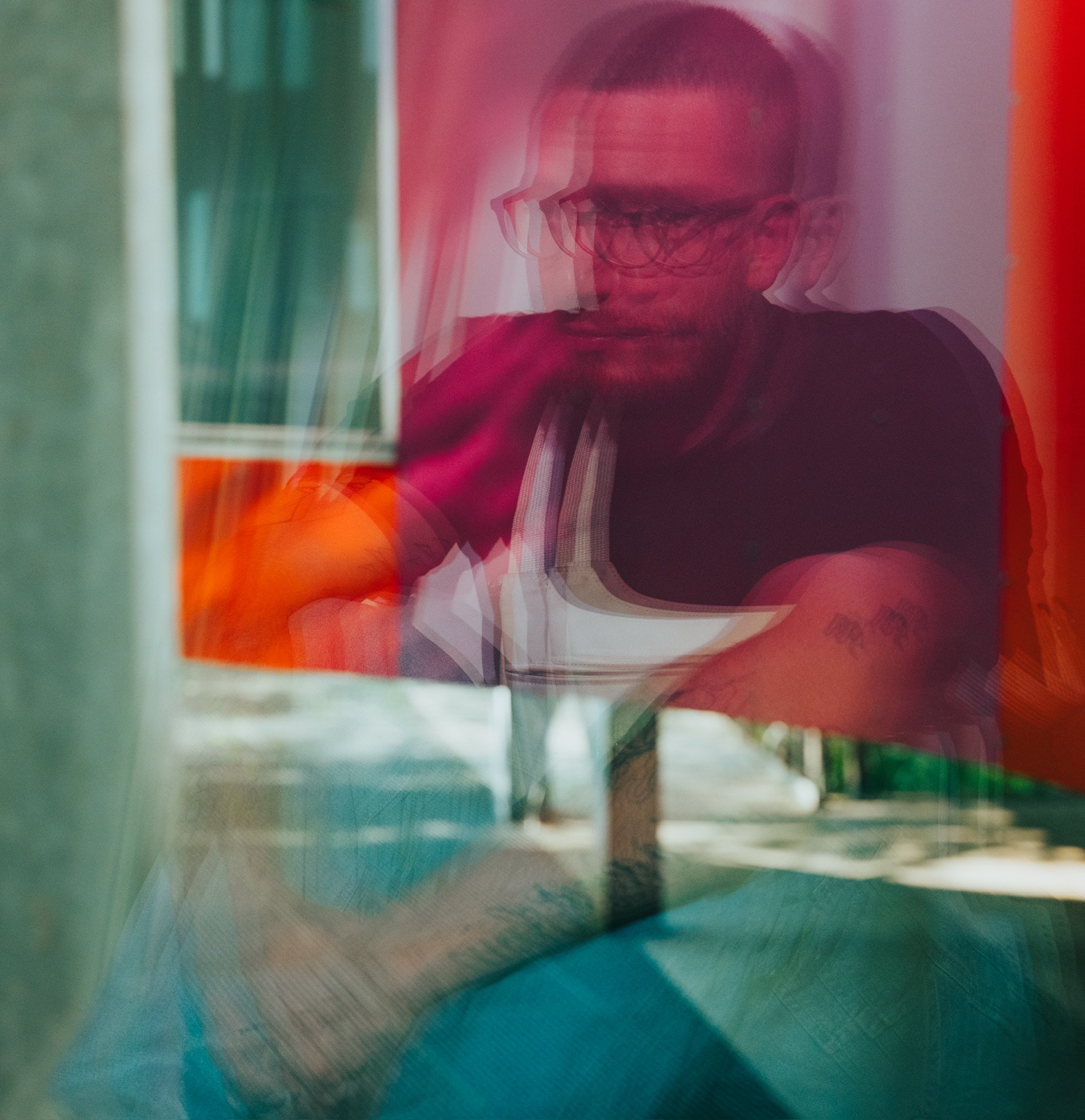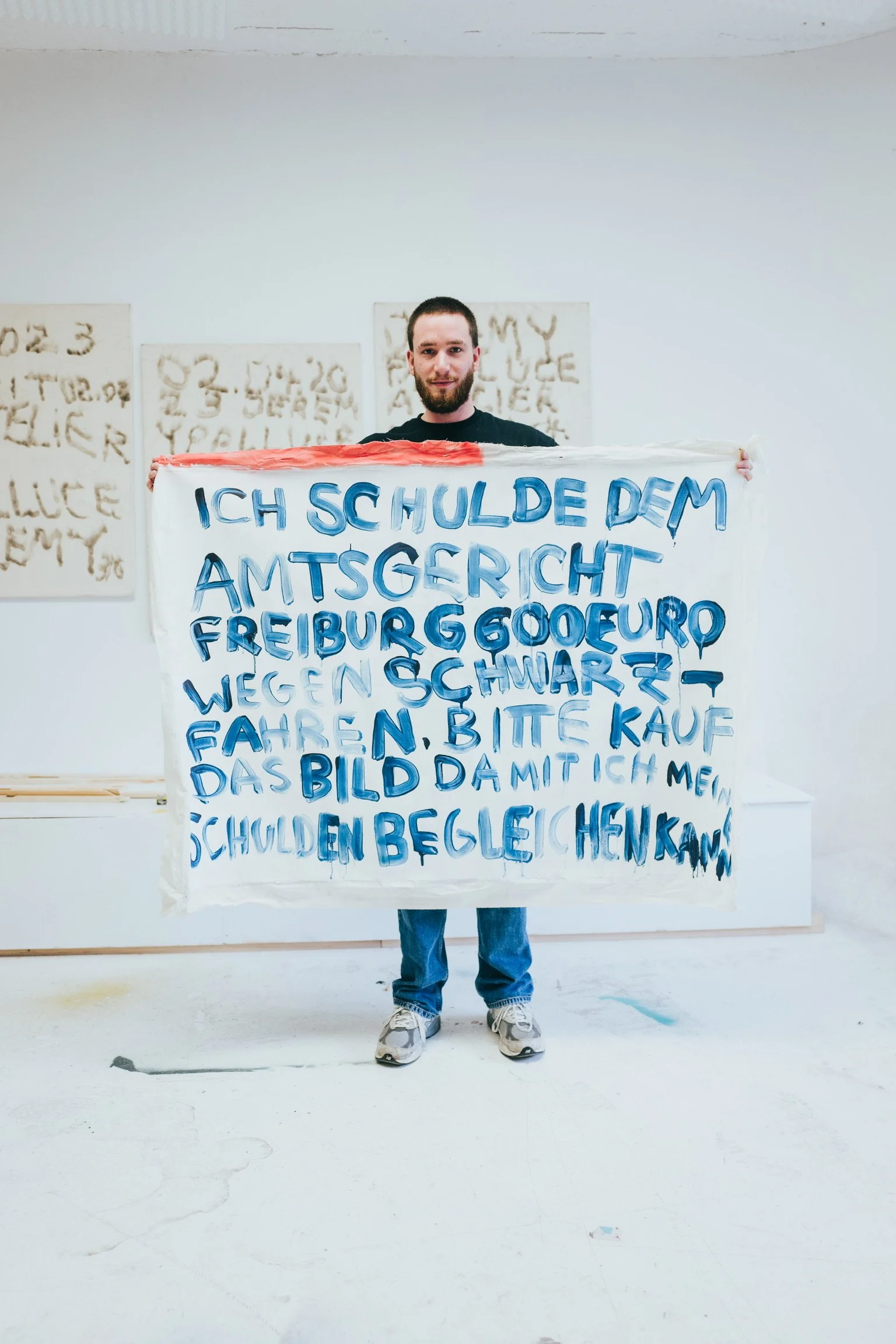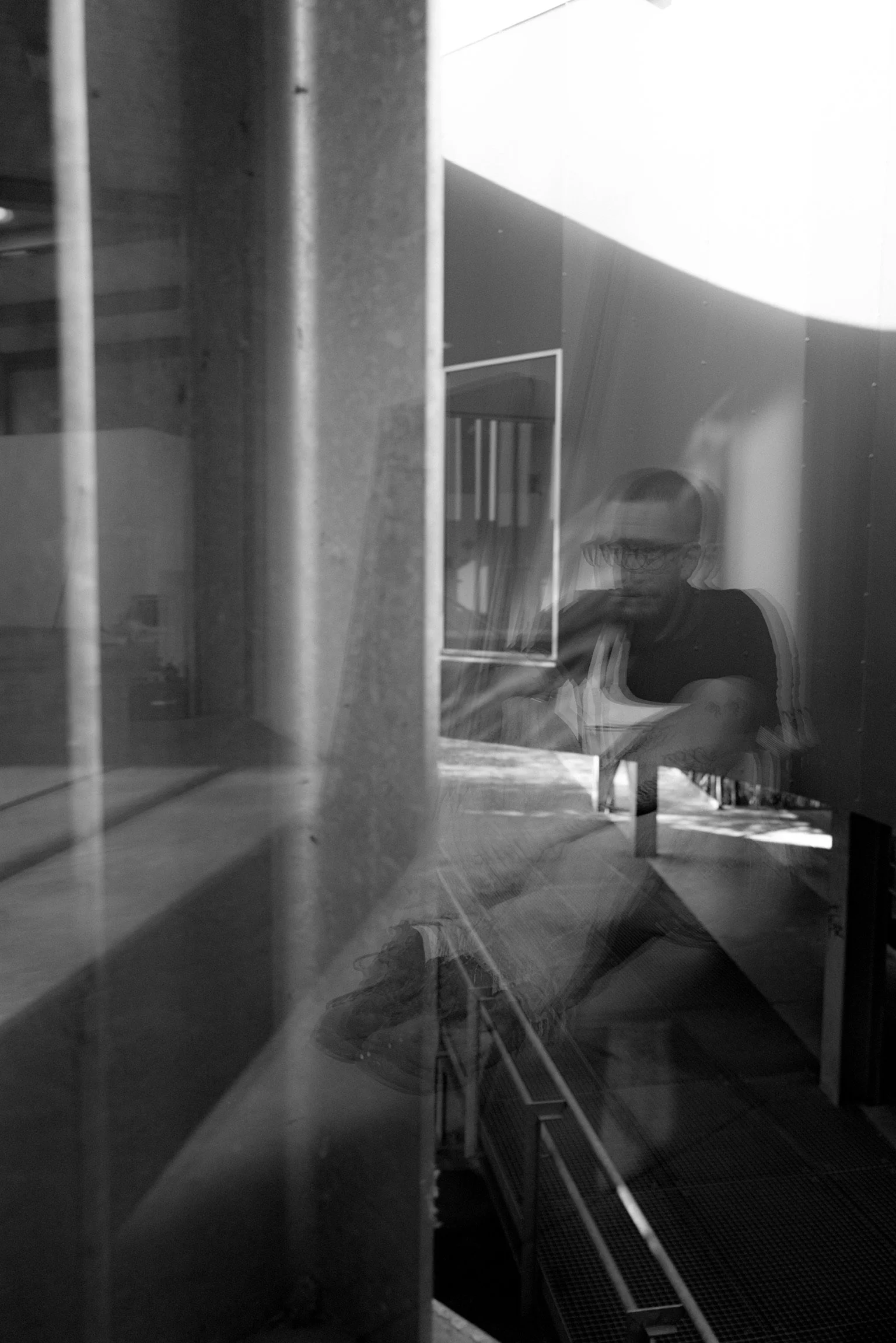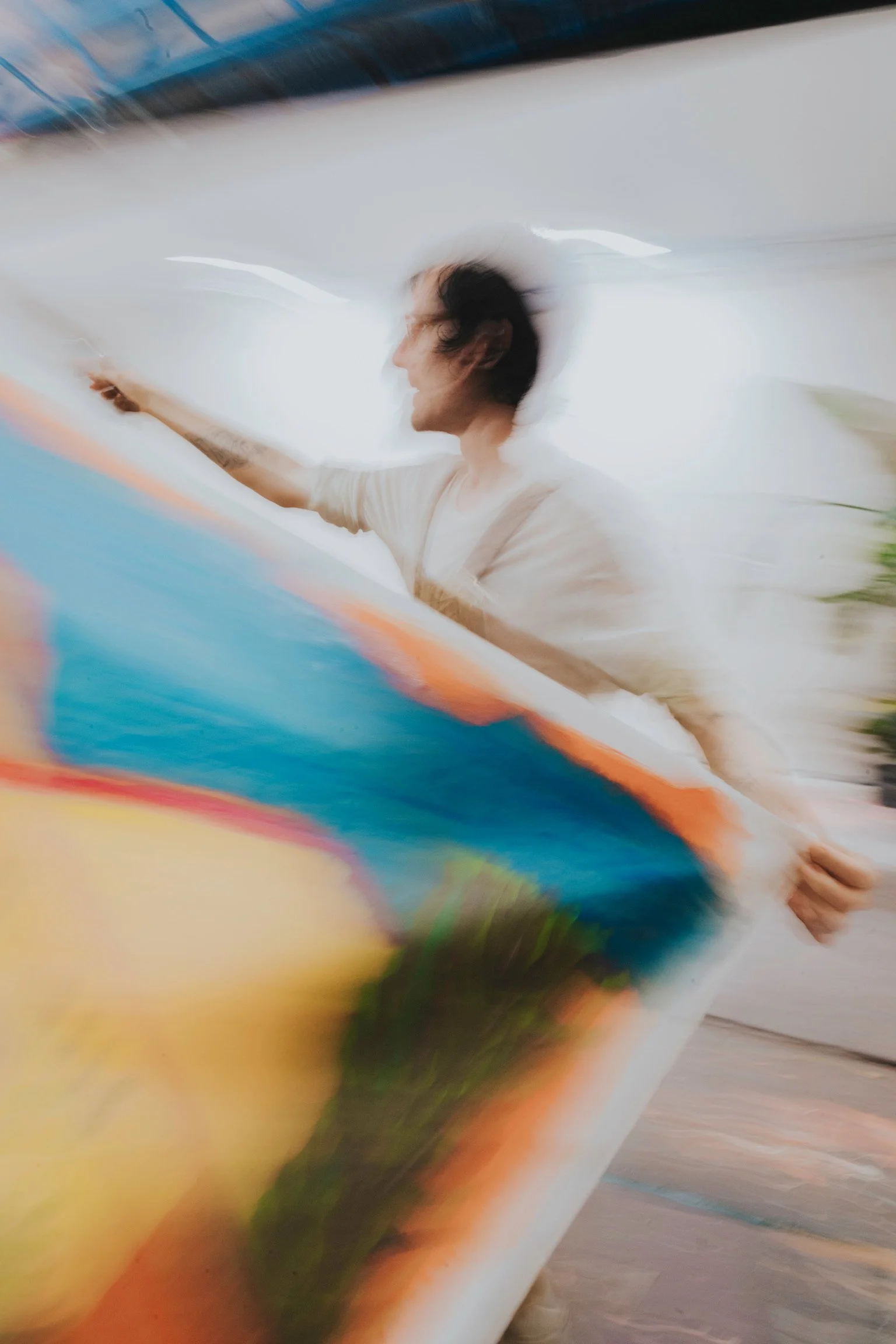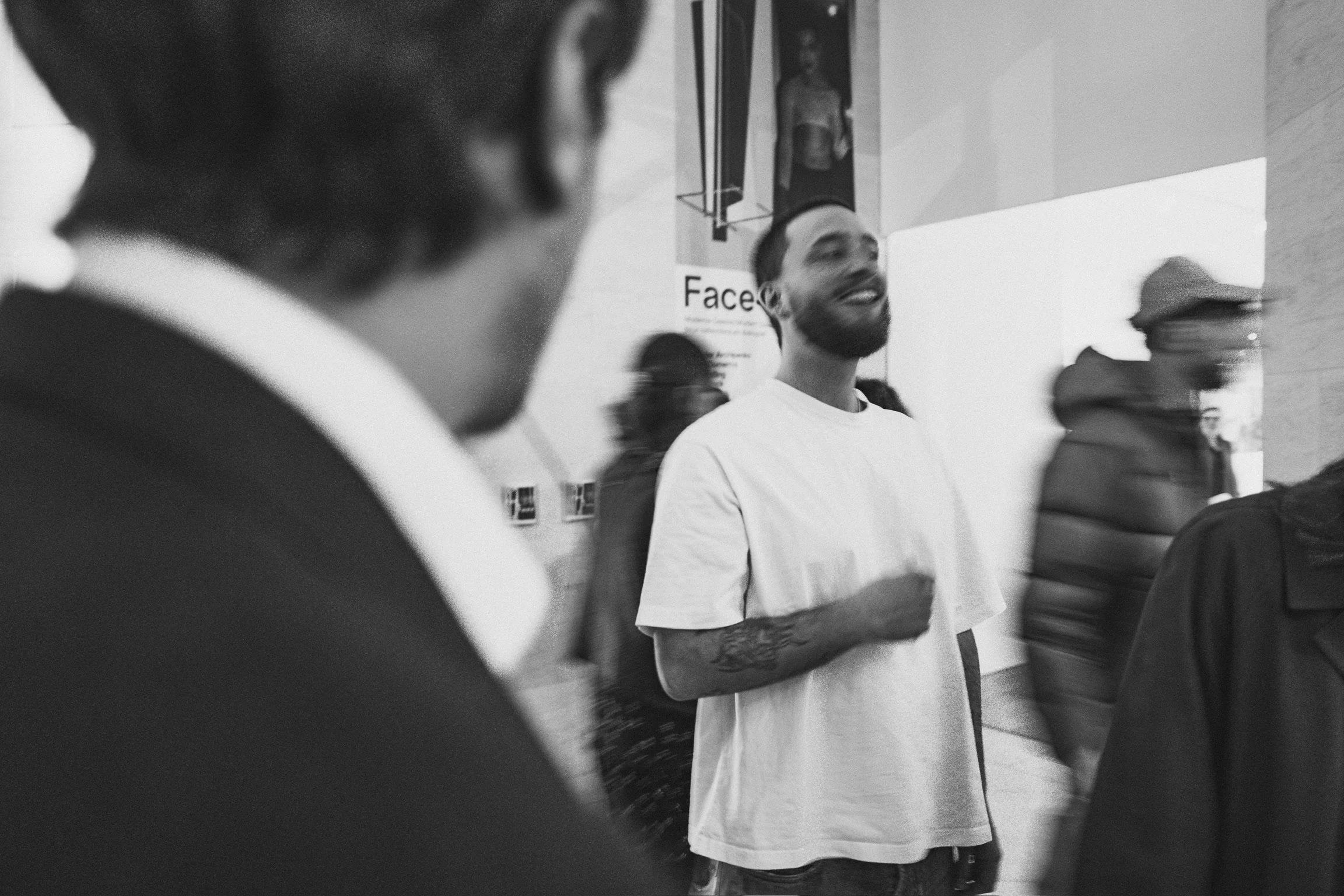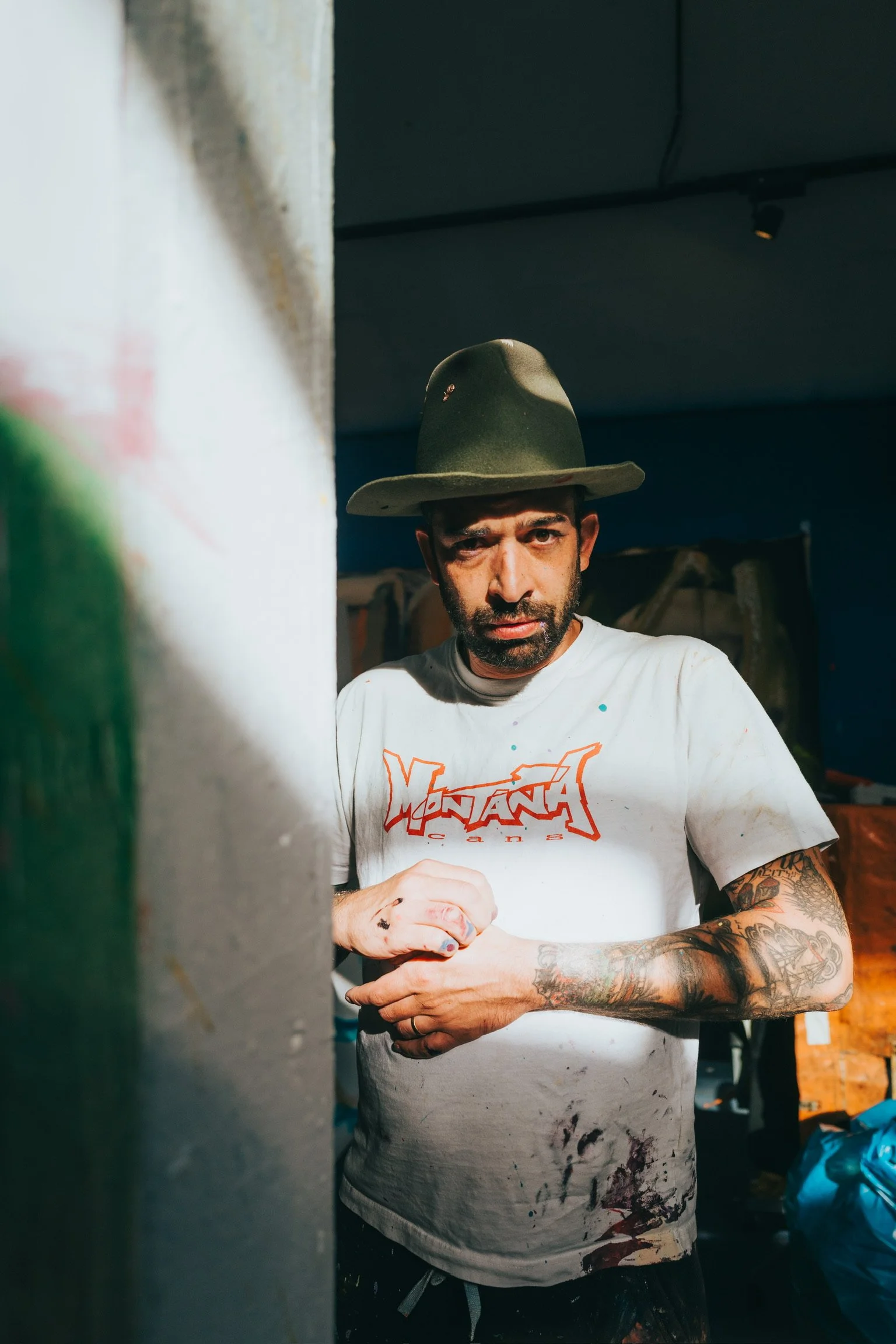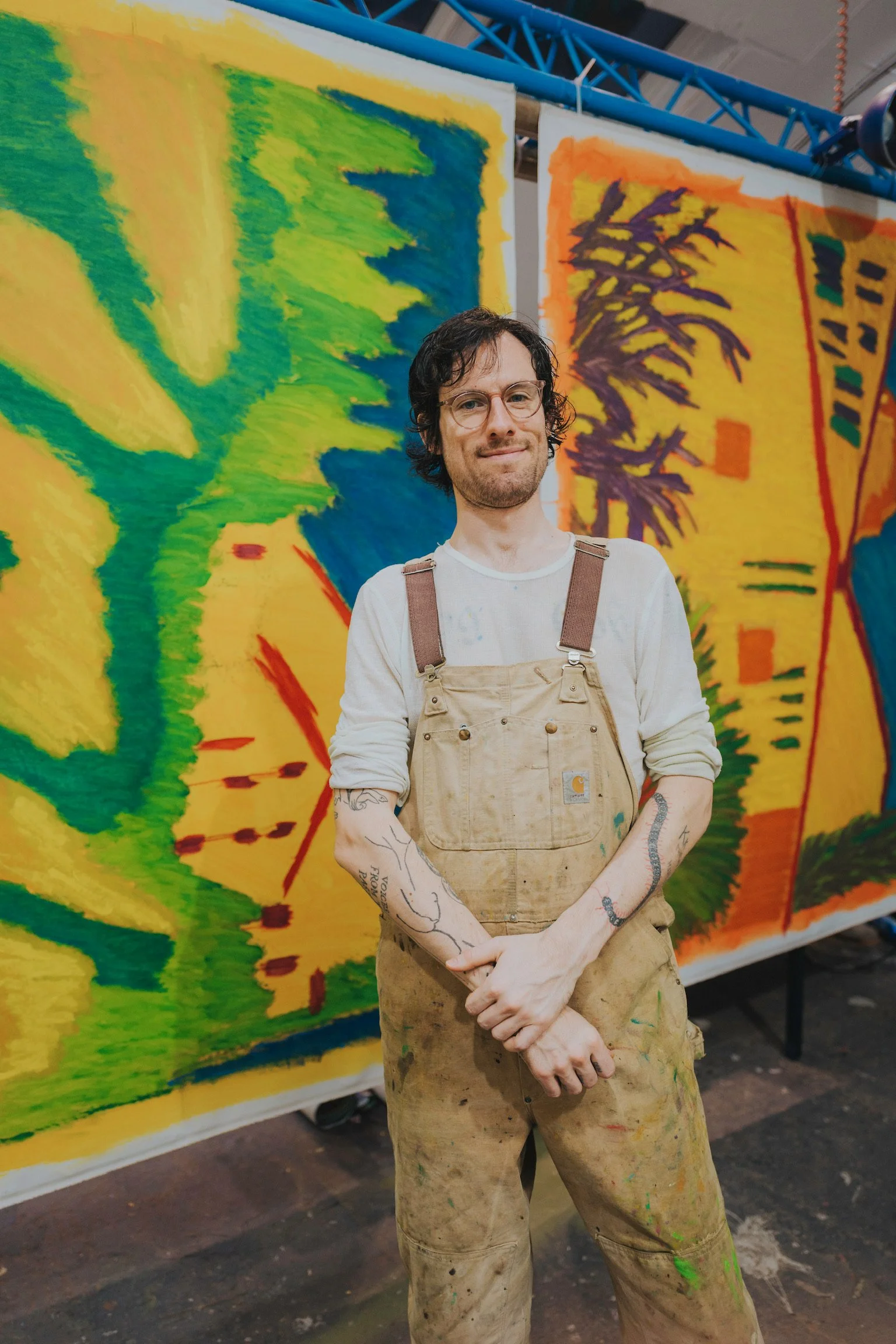FARMLAND RESIDENCY
NOV 8TH — NOV 12TH
Farmland Residency is an initiative driven by the desire to foster the exchange of Luxembourgish and foreign artists from different artistic fields, working or exhibiting internationally.
Established by the Luxembourgish artist Eric Mangen, the Residency program is rooted in the vision of sharing his personal space, his artist atelier and the farmland he grew up on. Over shared meals with vegetables from the garden and fires fueled by wood from the farm, a deeply personal and heartfelt environment is created, nourishing imagination and artistic exchange.
The residency thus takes shape as a dedicated framework that allows the invited artists to fully immerse themselves in their experience and creational process.
EXHIBITING ARTISTS
-
Yann Annicchiarico (1983, Luxembourg) delves into realms that transcend the conventional human understanding. His artistic expression provokes contemplation on the limits of our comprehension and the potential to surpass these boundaries. He prompts a shift from cognitive analysis to emotional perception when confronting the enigmatic dimensions that exist adjacent to our reality. The recurring motif of moths in his art serves as a symbolic representation, leaving imprints that emphasize the schism between these distinct worlds.
-
Residing and practicing his artistry in both Florence and Milan, Cosimo Casoni (1990) is deeply engaged in the language and potential of painting. He intertwines art with life, considering the canvas as both a physical and mental space where he brings together an array of fantasies. While his approach mirrors the deliberation of oil painting, it starkly contrasts with his post-graffiti tendencies, manifesting in a reimagined utilization of "street culture" techniques.
-
In harmony with the Expressionist current, David Hanes (1987, Toronto) finds solace and creative input in his connection with nature, utilizing it as a means to uncover his roots and personal authenticity. Hanes places prime importance on primal spontaneity, navigating from intuition to gesture and symbolism. The artist engages with the artwork as if it possesses a life force of its own, directing its course through a series of ongoing creative rituals.
-
Eric Mangen's (1983, Luxembourg) artistic process embodies a sense of release, likened to the liberation of both the artist and the canvas upon completing a piece. His approach to painting is robust, abstract, and rich in gestures, akin to action painting, generating a dynamic, rhythmic, and sculptural body of work. This process involves a constant interplay between controllable tools like brushes and spray cans, alongside uncontrollable elements such as fire extinguishers and solvents. Within Mangen's spontaneous method lies a delicate line between orchestrating intended effects and embracing unexpected occurrences.
-
Jeremy Palluce (1995, Luxembourg) is a multidisciplinary artist, gathering inspiration from his surroundings, art history, and the vibrant culture of hip-hop. His educational journey encompasses studies in Fine Arts, culminating in a Bachelor's degree, followed by a Master's in fashion design. Palluce's artistic evolution is a testament to his seamless transitions — from graffiti to visual arts and fashion design — a testament to his adaptability across various creative domains. His versatile artistic repertoire embodies a myriad of artistic identities, reflecting an ongoing journey of creative exploration and transformation.
-
Héloïse Rival, infuses microscopic details into grand artistic expressions. Her pieces, from trays to bas-relief frames, blend utility with compelling narratives, harmonizing ancient influences with a modern touch. After graduation from La Cambre, Rival delved into self-taught ceramics during a Brussels exhibition, exploring the concept of the frame within her artistry. Now represented in galleries across Brussels, Antwerp, and Paris, her ceramics weave ancient utility with vivid storytelling, showcasing a style that bridges utopian dreams with magnificent imagery.
-
Tracing his artistic roots to the realm of graffiti, Blazej Rusin (1988, Poland) views it as a foundational influence that seamlessly transitioned from his childhood passion for painting, guiding him through his formative teenage years and shaping his identity as a professional painter. His concentration lies in exploring the evolution of graffiti terms in both pop-culture and the art world, a concept he dubs post-graffiti. To him, art extends beyond mere creation; it's a thoughtful process, a reflective realm that addresses specific themes and problem-solving, all intricately encapsulated within the canvas.



